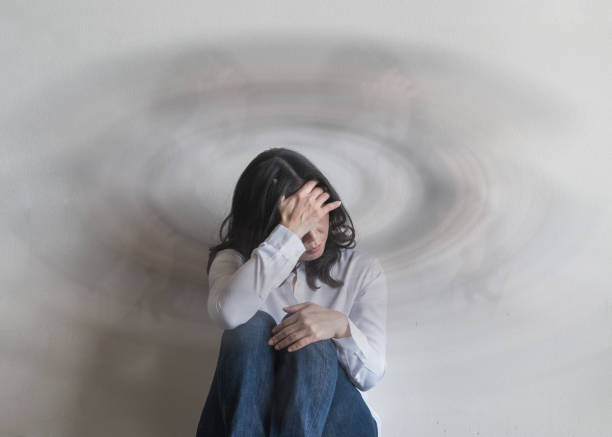Pressure in the head and dizziness are common symptoms that can be caused by a variety of conditions. Understanding the underlying causes and seeking proper treatment can help relieve these symptoms and improve overall health.
Symptoms of Pressure in Head
Pressure in the head can feel like a tight band around the head or a heavy weight pressing down on it. This discomfort can be accompanied by other symptoms, such as headaches, neck pain, and sensitivity to light or sound. In some cases, pressure in the head may be accompanied by ringing in the ears (tinnitus) or changes in vision.
Dizziness Symptoms
Dizziness is a sensation of unsteadiness, lightheadedness, or the feeling of being off balance. It can be accompanied by other symptoms, such as vertigo (a spinning sensation), nausea, and sweating. Dizziness can range from a mild, occasional feeling to a more severe, persistent issue.
Underlying Causes
There are many underlying causes of pressure in the head and dizziness. Some of the most common causes include:
Migraines: Migraines are recurring headaches that are often accompanied by other symptoms, such as light sensitivity and ringing in the ears. They are believed to be caused by changes in the brainstem and trigeminal nerve.
Tension headaches: Tension headaches are caused by tightness and tension in the neck, scalp, and jaw muscles. They can be caused by stress, poor posture, and certain medical conditions.
Sinusitis: Sinusitis is an inflammation of the sinuses that can cause pressure in the head, headaches, and other symptoms.
Inner ear problems: Inner ear problems, such as Meniere’s disease, can cause dizziness and vertigo.
High blood pressure: High blood pressure can cause headaches, dizziness, and ringing in the ears.
Dehydration: Dehydration can cause dizziness and headaches.
Lack of sleep: Lack of sleep can cause headaches and fatigue, leading to dizziness.
Anxiety and depression: Anxiety and depression can cause headaches and dizziness, along with other symptoms.
Treatment for Pressure in Head and Dizziness
The treatment for pressure in the head and dizziness will depend on the underlying cause. Some of the most common treatments include:
Medications: Over-the-counter pain relievers, such as ibuprofen and aspirin, can be used to relieve headaches and other symptoms. In some cases, prescription medications may be necessary, such as triptans for migraines.
Lifestyle changes: Making lifestyle changes, such as improving posture, reducing stress, and increasing hydration, can help relieve symptoms.
Physical therapy: Physical therapy can help improve neck and head posture, reducing tension and pressure in the head.
Vestibular rehabilitation: Vestibular rehabilitation is a type of physical therapy that can help improve balance and reduce dizziness.
Surgery: In some cases, surgery may be necessary to treat underlying conditions, such as sinusitis or inner ear problems.
Counseling: Counseling and therapy can be helpful for treating anxiety and depression, which can cause headaches and dizziness.
Conclusion
Pressure in the head and dizziness are common symptoms that can be caused by a variety of conditions. Understanding the underlying causes and seeking proper treatment can help relieve these symptoms and improve overall health. If you are experiencing pressure in the head and dizziness, it is important to see a healthcare provider for a proper diagnosis and treatment plan.

 Home
Home Health
Health Diet & Nutrition
Diet & Nutrition Living Well
Living Well More
More












